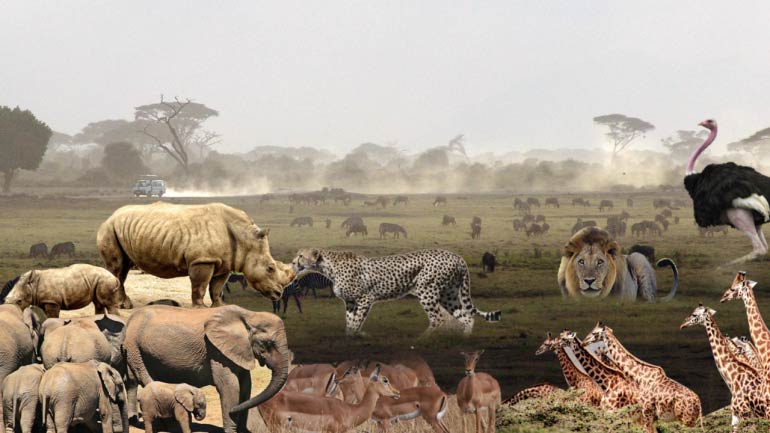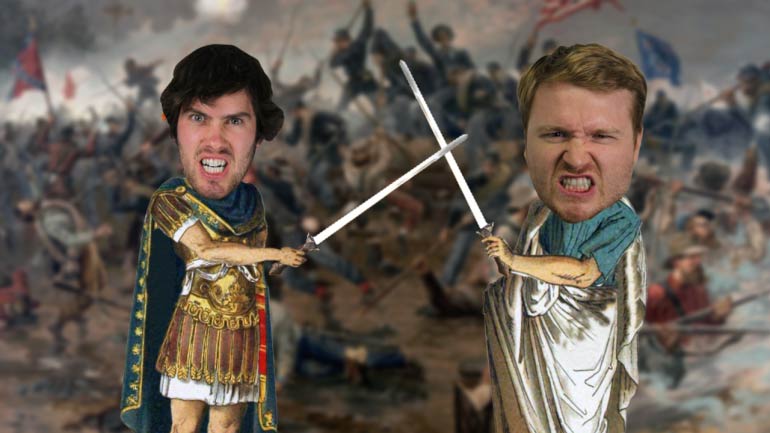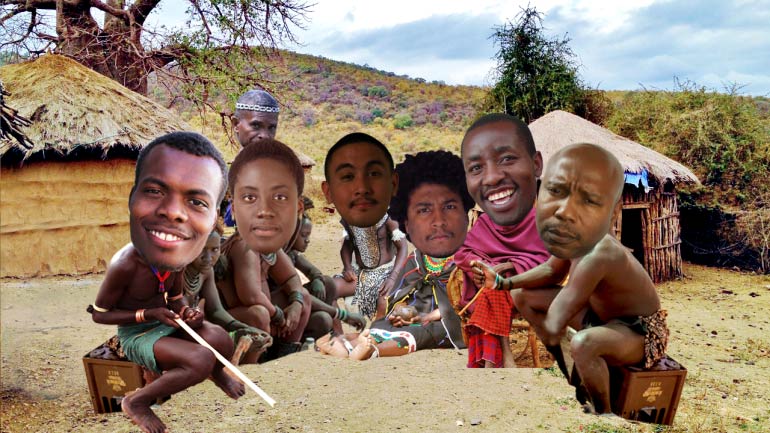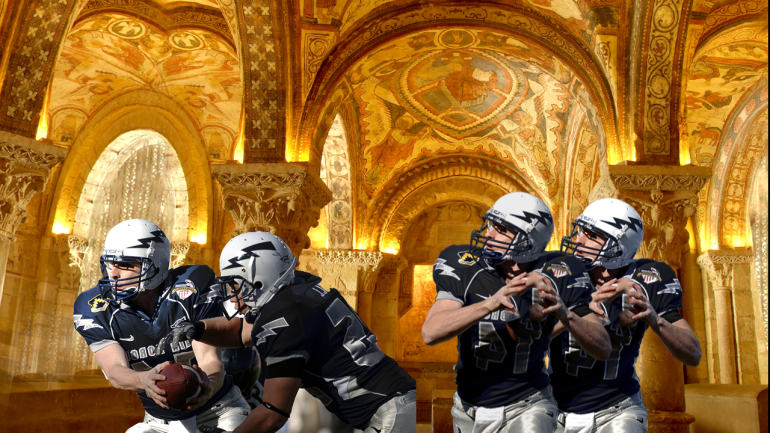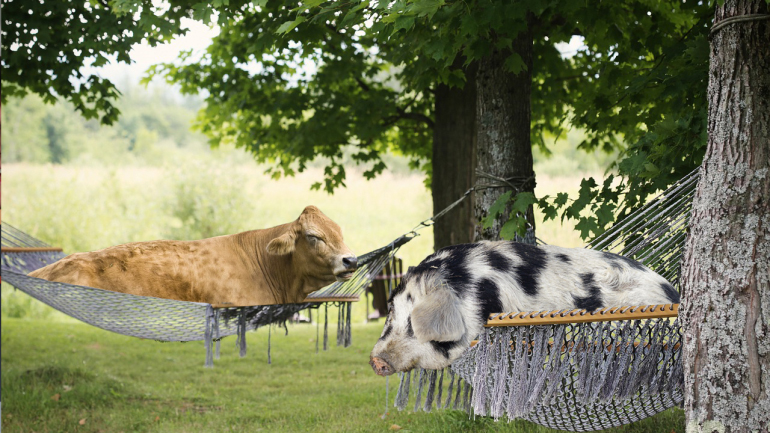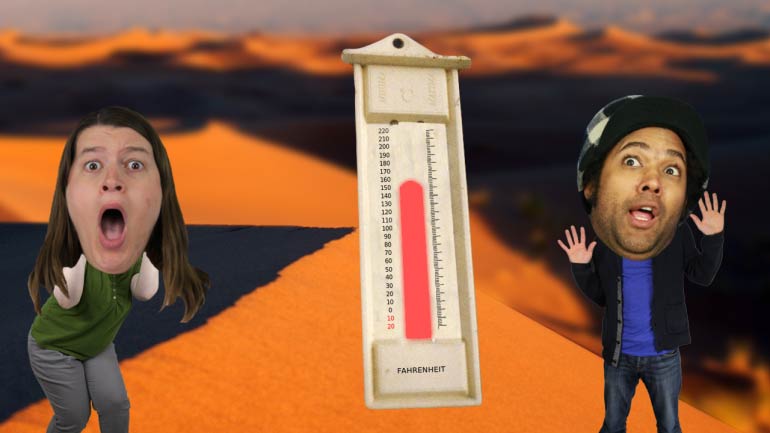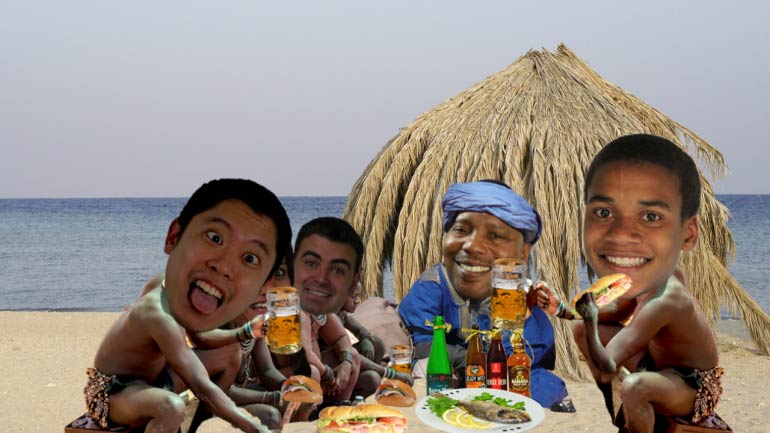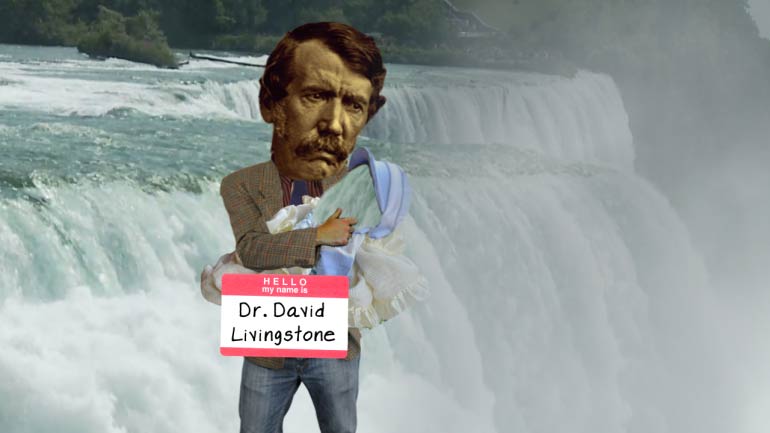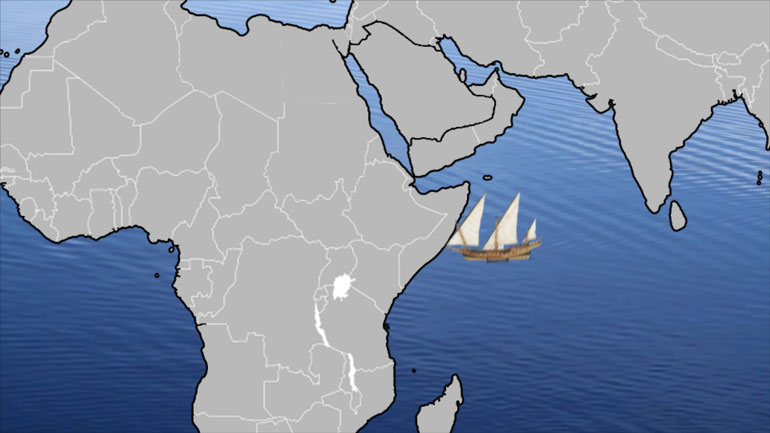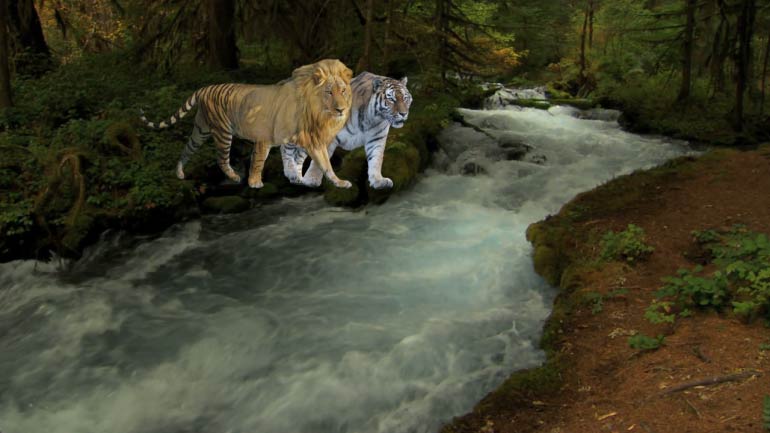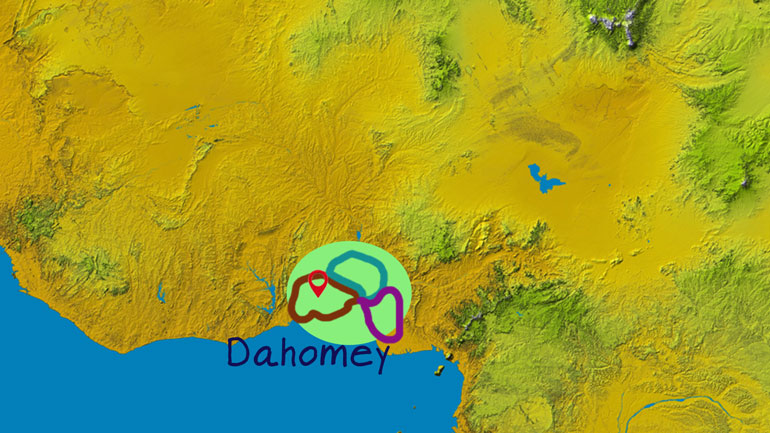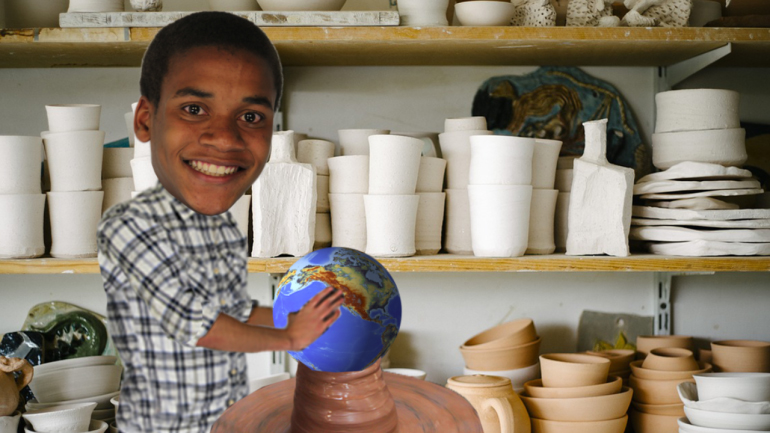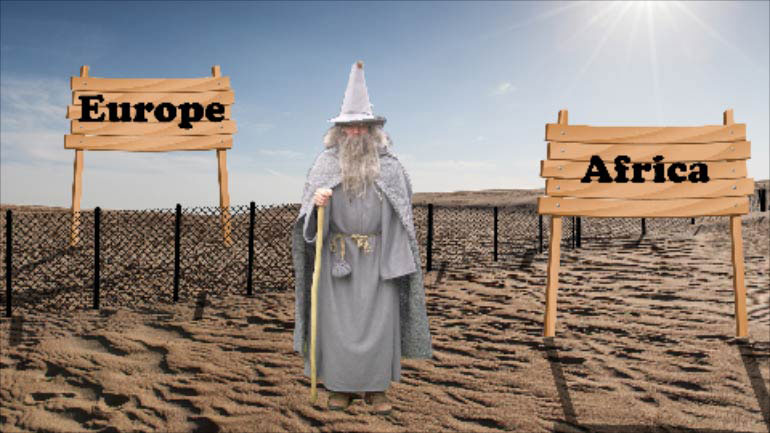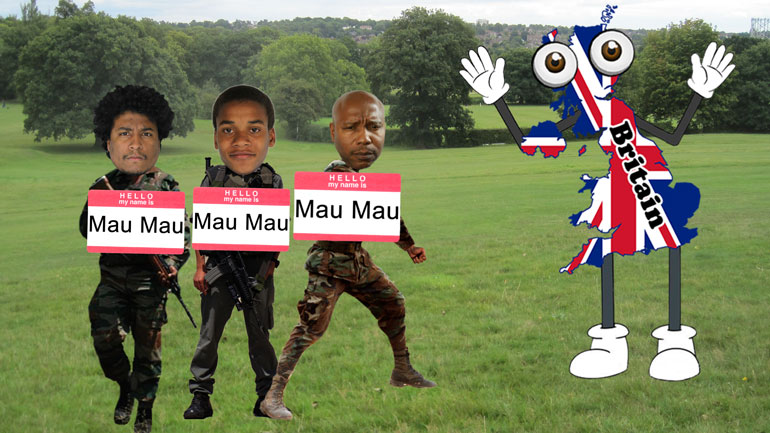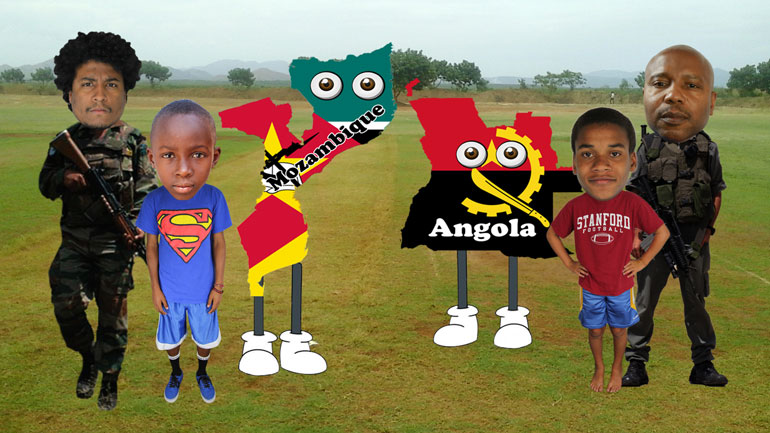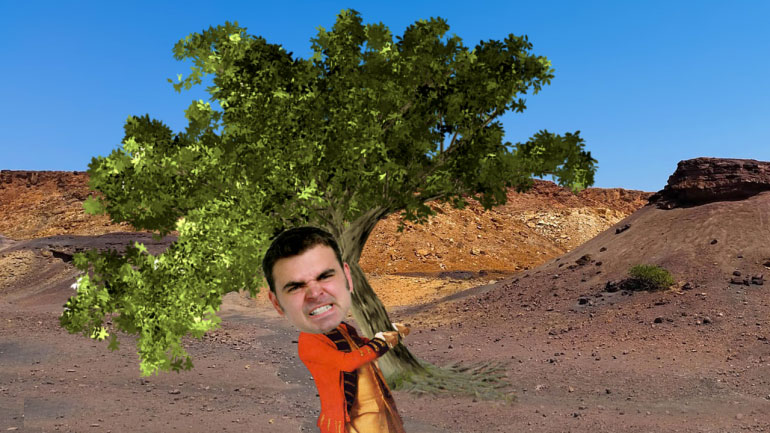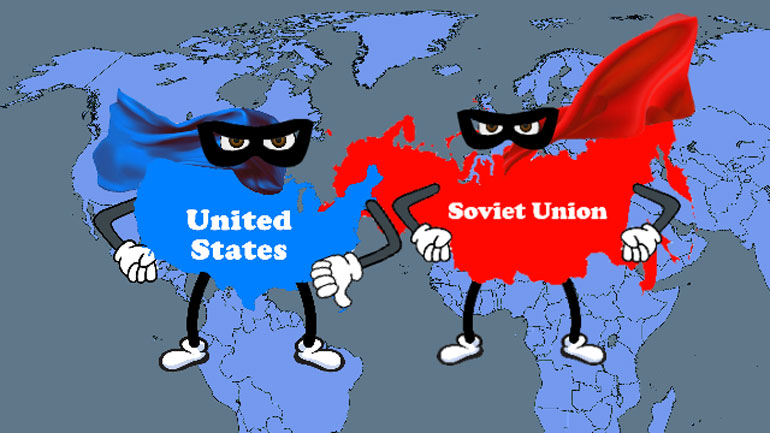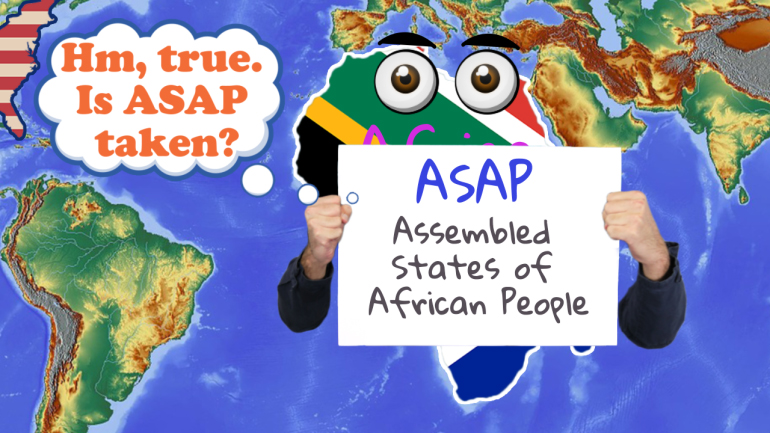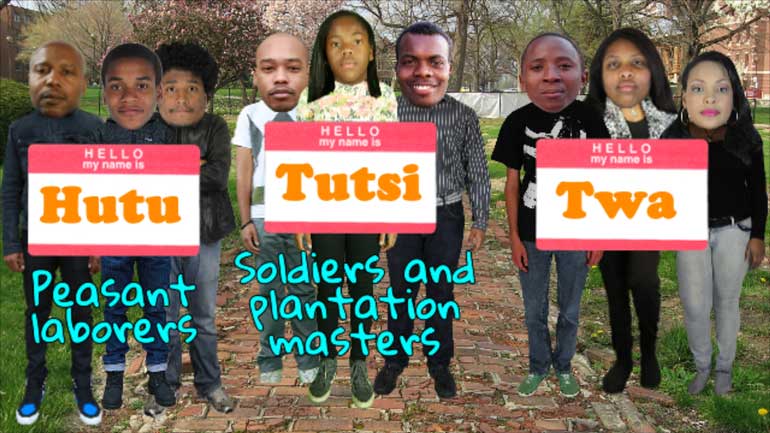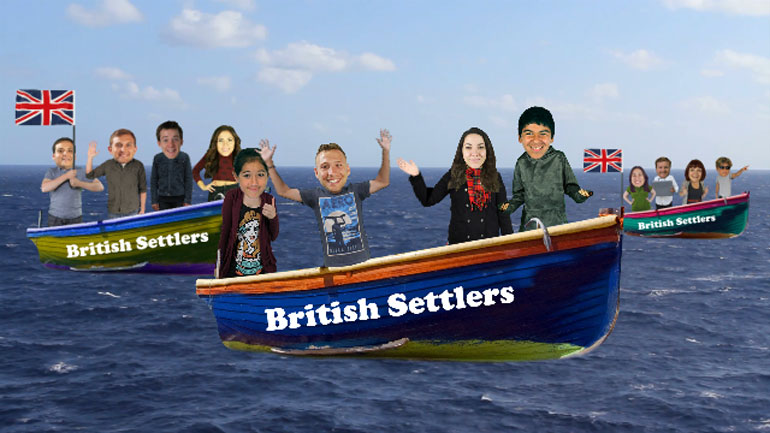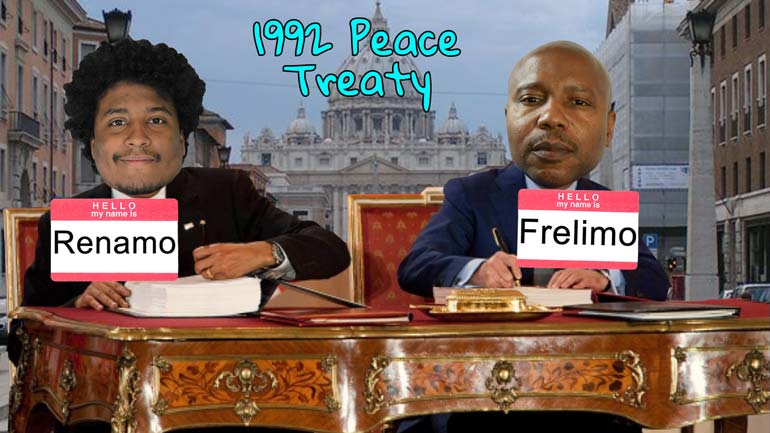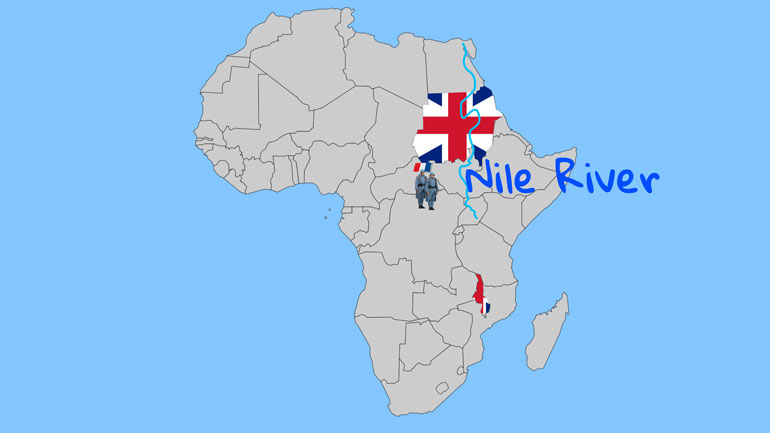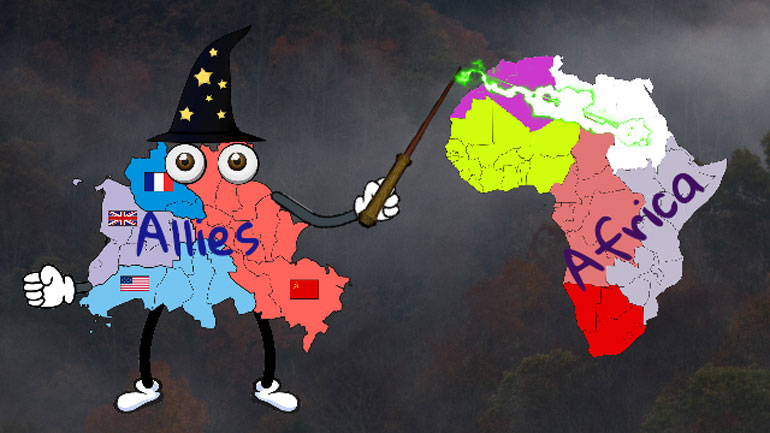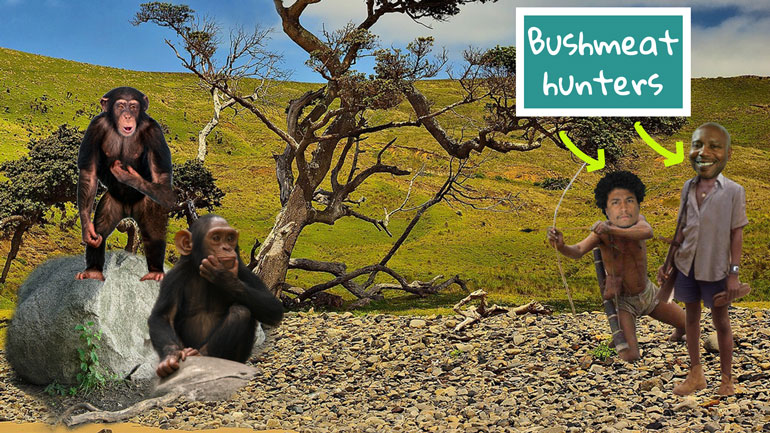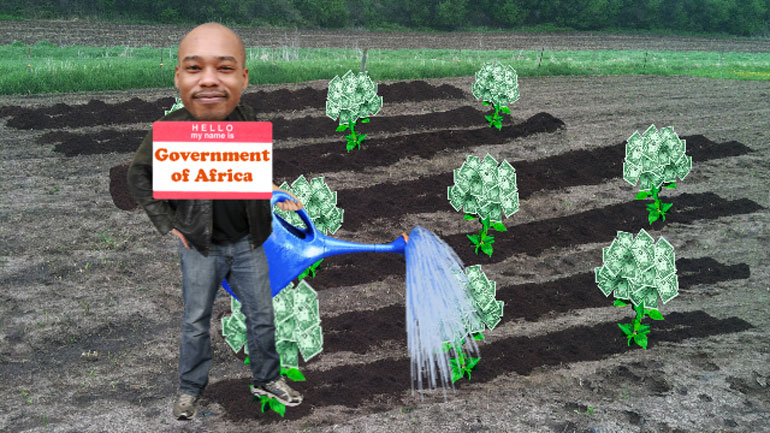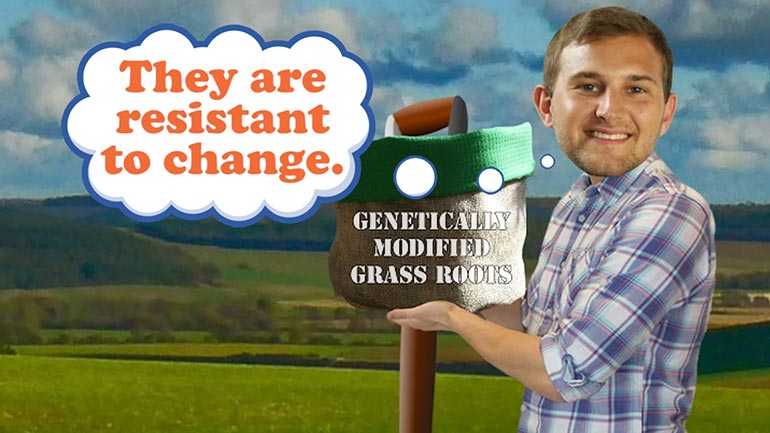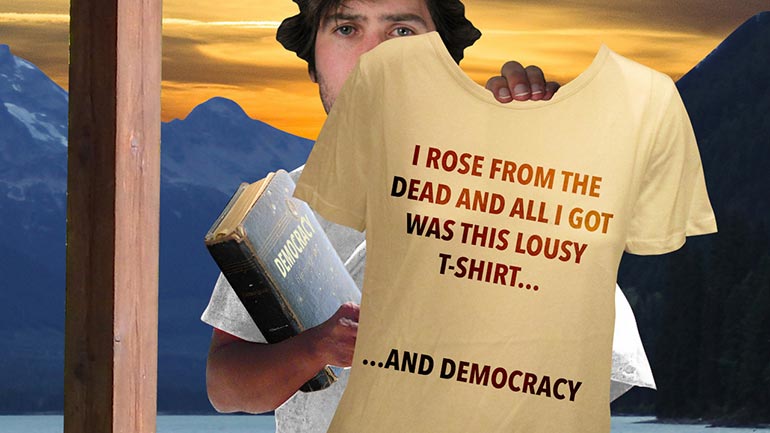ShmoopTube
Where Monty Python meets your 10th grade teacher.
Search Thousands of Shmoop Videos
African History Videos 63 videos
Home to the biggest river, the biggest desert, and some of the biggest land animals in the world, Africa is so much more than what most media would...
Stop everything and check this video out. This guy from Carthage named Hannibal used battle elephants. Battle. Elephants. Carthage has a pretty ric...
Today's lesson: Nubia. Remember not to call it Egypt Jr. to its face...it's kind of a sensitive issue.
African History 5: Portuguese Africa 14 Views
Share It!
Description:
You might think that people living in constant fear of mosquitoes is hilarious, but it was a totally real thing...and more like malarious. Diseases carried by bugs prevented Europeans from settling large portions of Africa. We'll learn all about those today in this video.
Transcript
- 00:04
Some of the earliest European colonies in Africa began their lives as slave forts. [Woman laying in hospital bed and doctor appears]
- 00:09
So if we ever hear somebody say something like…
- 00:12
“Why can’t Africa get it together?”
- 00:14
We think of how messed up our country would be if it had been founded for the sole purpose
- 00:18
of furthering the slave trade.
Full Transcript
- 00:20
Of course, only a few slave forts ended up going from colonies to actual countries. [Man plants South African flag]
- 00:25
This was because most were located between 25 degrees latitude North and 10 degrees latitude
- 00:30
South.
- 00:31
Otherwise known as…Terrifying-bugville. [Bug appears beside girl]
- 00:34
The conditions in this climate band were heaven for mosquitoes and tsetse flies.
- 00:39
And these bugs spread some scary stuff. [Mosquitoes flying in the sky]
- 00:41
Like malaria, which gives you a fever so bad that you can hallucinate for weeks or months…or,
- 00:46
you know, die… [Man falls onto bed]
- 00:48
…yellow fever, which can do as much damage to your liver as a decade of heavy drinking…
- 00:53
…and, of course, that standby of African history, sleeping sickness. [Man with sickness laying on bed]
- 00:59
These diseases were bad enough for Africans.
- 01:01
But Europeans' immune systems really couldn’t handle them.
- 01:04
Permanently settling within 30 North and 10 South was almost suicidal.
- 01:08
So let’s just say that a lot of these forts had staffing problems. [Stacks of folders appear on desk]
- 01:12
Who cares if there’s a good medical plan… if there’s no cure for the disease...
- 01:17
what does that do for you?
- 01:18
But below 10 South, it was a different story.
- 01:21
Mosquitoes there had less luck and bred in fewer seasons. [Mosquito on a hospital bed]
- 01:24
Can’t say we feel bad for them.
- 01:26
It wasn't exactly a healthy choice for Europeans to move there permanently. [Man approaches a tank of dirty water]
- 01:29
Two areas where white people thrived and grew in the early years were just below the 10
- 01:34
South line on both coasts.
- 01:35
They were Portuguese West Africa, which was centered on the slave fort of Luanda…
- 01:40
…and Portuguese East Africa, centered on the Swahili city of Sofala.
- 01:44
Wow.
- 01:45
Who knew awful places could have such pretty names?
- 01:49
Both colonies began in the slave trade era and primarily exported…unsurprisingly… [Colony on the beach and ship appears]
- 01:53
slaves.
- 01:54
As the European population grew, European control increased, and the forts became early
- 01:59
colonies.
- 02:00
In the 18th and 19th centuries, cultures changed, missionaries preached, and merchant companies [Man preaching to African men]
- 02:05
remade the local economies to exploit the areas for raw resources.
- 02:10
And that big wheel of oppression just kept rolling along…
- 02:13
Portugal's African colonies are a top-notch example of how the slave trade led naturally [Portugal african colonies appear on a map]
- 02:17
to colonialism.
- 02:18
The mechanics of the slave trade and early merchant activity created zones of political
- 02:22
control in Africa. [Zones of political control appear on African map]
- 02:23
When the slave trade had the kibosh put on it… [Boot kicks slave trade ship]
- 02:26
…instead of giving up control, European governments found new ways to profit.
- 02:30
It’s like Africa was a great big piñata that Europe just couldn’t stop beating. [European man hitting Africa pinata]
- 02:35
There had to be more candy in there, right?
- 02:37
After 1699, Portugal lost interest in East Africa.
- 02:40
It was too far away for slave trading to be competitive, and too undeveloped to compete [Man walking into door of freedom]
- 02:44
with other East African traders.
- 02:46
Did they set the land and its people free?
- 02:50
Heck no.
- 02:51
Instead of running it themselves, Portugal gave most of East Africa to a handful of companies. [Man shaking womans hand]
- 02:55
It would be sort of like if Facebook suddenly governed California.
- 02:58
Uh oh…
Related Videos
Home to the biggest river, the biggest desert, and some of the biggest land animals in the world, Africa is so much more than what most media would...
Didn't get enough of the French Revolution the first time around? We've gotcha covered. Check out our second French Revolution video, preferably wi...
Famine is one of the biggest problems in Africa. Find out why it's such a complex problem, and what's being done to combat it.
